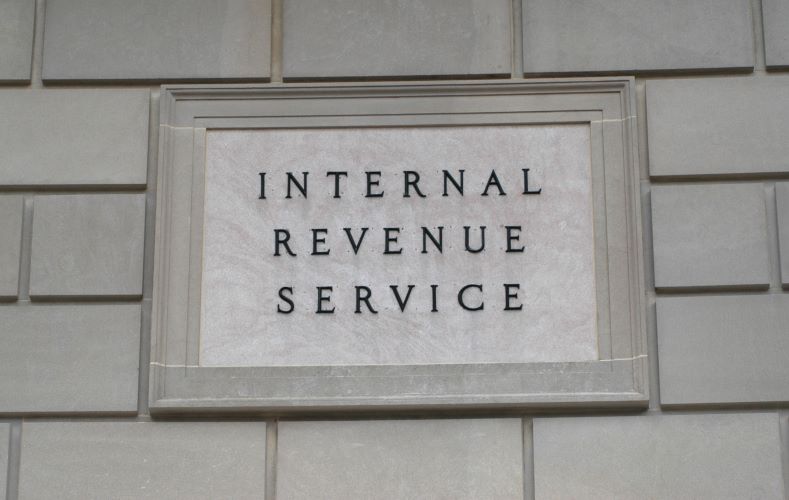As a business, how long you need to keep tax and other records or documents always seems like more of a daunting question than it really should be. Whether you are a new employee and have inherited your predecessor’s file cabinets, or you have been tasked with developing your company’s record retention policy—looking through documents and deciding which you should toss or keep can often stop you in your tracks and completely derail your efforts.
Here we outline some general guidelines and best practices from a variety of sources that businesses can follow when they embark on some paper clean-up or look to create a record retention policy. Typically document retention guidelines indicate records should be kept for one, three, or seven years. However, it is important to remember that it’s essential to save nearly all documentation (either in paper or digital form) for a short period, and some records will need to be kept indefinitely.
Best Practices
Below are some general best practices as it relates to what types of documents to keep and for how long. As a business, it is important that your leadership discuss these best practices and develop and enforce a document or record retention policy, so all employees know what is expected. There are several federal agencies and different industries that may have more specific document retention requirements that need to be followed so it is imperative that any required policies in place that apply to your business are being followed.
- Legal documents: Business formation records, deeds, patents and trademark registrations, property appraisals, bill of sale documents, and other ownership records should be kept indefinitely.
- Business federal tax returns: Depending on the business, the IRS indicates tax returns and the related supporting documentation should be kept from three to seven years. It is best to keep federal tax returns, including payroll tax records, for seven years. However, if you don’t file a return or file a fraudulent return, the IRS recommends keeping records indefinitely as there is no statute of limitations for the IRS to audit that year’s return. Additionally, records related to the basis of property should be kept for the life of that property as they will be relevant in the year of the sale and for that year’s tax return.
- Personnel records: The Society for Human Resources Management has outlined the federal record retention requirements for personnel records. This reference looks at hiring records, affirmative action plan records, payroll records/timesheets, Form I-9s, employee benefit records, background checks, tax records, safety data, Family and Medical Leave Act (FMLA) records, and other personnel-related records.
- Payroll information: The Fair Labor Standards Act (FLSA) requires employers to keep payroll records for at least three years.
- Accounting documents: Retain all small business accounting records applicable to your taxes, including depreciation schedules and year-end financial statements, for at least seven years. Also, as mentioned above, documents related to the basis of assets should be retained for the life of the asset plus seven years after the tax year they were sold or disposed of.
- Insurance, permits, and licenses: Keep all permits, licenses, and insurance policy documents until you receive replacements for expired ones.
- Bank statements: All business banking, credit card, and investment statements, as well as canceled checks, should be kept for a minimum of seven years, possibly longer, depending on your business or tax circumstances.
- Hiring records: Keep job advertisements, applications, and resumes on file for at least one year. In some cases, related to qualified federal contractors, these documents should be kept for two years after they were created.
Illinois, along with a few other states, has adopted the Uniform Preservation of Private Business Records Act (UPPBRA) as its standard. The UPPBRA indicates that businesses should keep any records not under statute-specific retention periods for at least three years. So, for those records you are just not certain of, three-year retention is a minimum.
What Requires Record Retention
It should be noted that the following federal laws, acts, and agencies have their own requirements for record retention which may apply in your specific situation or to your documents. There may be additional state and local government agencies that have additional or stricter guidelines to consider as well.
- Internal Revenue Service (IRS) (recordkeeping information from IRS)
- Federal Insurance Contributions Act (FICA)
- Americans with Disabilities Act (ADA)
- Age Discrimination in Employment Act (ADEA)
- Occupational Safety and Health Act (OSHA)
- Employee Retirement and Income Security Act (ERISA)
- Civil Rights Act of 1964
- Fair Labor Standards Act (FLSA)
- Family and Medical Leave Act (FMLA)
- Equal Employment Opportunity Commission (EEOC)
Contact Us
You can find a variety of sources providing guidance and best practices on what should be kept and for how long. Use these as a starting point, but if you have questions as it applies to your business and your situation, we are happy to help. For additional information call us at 630.954.1400 or click here to contact us. We look forward to speaking with you soon.
Sources: US Chamber of Commerce; SHRM.org; IRS.gov






